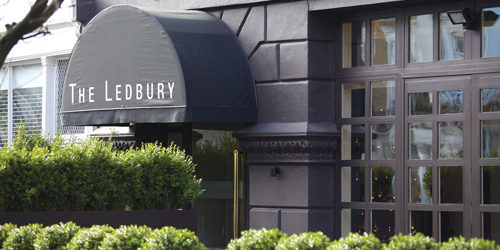
As I start to write, the Ides of March is looming and by the time you read this, we will know if indeed that day has proved as portentous for the United Kingdom as it did for that famous former CEO of the Roman Empire.
Inevitably therefore musings tend to be focussed around what the future holds, and might look like. On that theme I was particularly struck by a recent IoD feature about office environments and whether offices as we know them will soon become a thing of the past.
A December 2016 study for the British Institute of Facilities Management, apparently cites a headline figure that only 53% of workers felt that their workplace allowed them to work productively.
I appreciate that the findings of any study need to be looked at, taking into account the identity of the commissioner, and that people may have a variety of reasons for giving what is in effect the same answer to a question. However, trends and directions of thought can often be extrapolated, and it made me wonder about how many of us actually use our working day as effectively as we could. Is the traditional working day, particularly for office workers, likely to be confined to history for many more of us in the near future? Being more efficient and smarter with our time can help us produce more profit in our businesses, or it can mean that we benefit from increased out of work time to spend with our families or indulge our interests.
Have you ever undertaken a time and motion study of your working day? How much time is actually productive? Perhaps not as much as we think. For example many of us with apparently ‘short commutes’ take little account of time spent travelling, or at least we used to – I suspect the number of people factoring this into their lifestyle calculations has shot up in recent years. Even then I suspect many underestimate it. What is your ‘door to door’ time? That is the true time you might save if you were working from home or from a local internet hub.
I appreciate not everyone can work by just plugging into the internet, that will not necessarily manufacture anything or make the coffee that those who are still commuting will want, but the amount of people that can work in this way is perhaps more than we first think.
There is a strong argument that we appreciate the communal and societal element of being in the office, and being able to chat about ‘the match’ or ‘Bake Off’. But it increasingly seems that chat is becoming digital - how often are mobiles used to actually make/receive calls compared to sending texts, WhatsApp or Instagram posts? Communal communication takes place whether people are together or not. The water cooler, like so many other things, may be headed to the virtual reality of the cloud.






